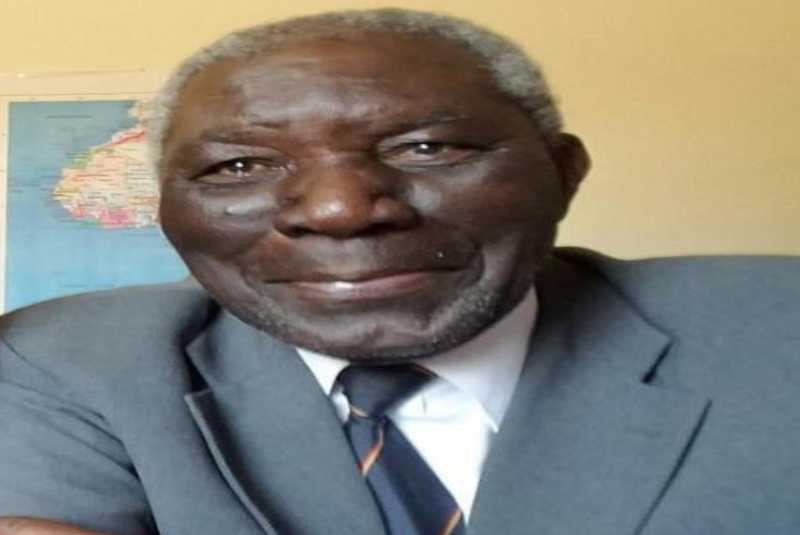×
The Standard e-Paper
Home To Bold Columnists

We live in “beggarhood,” where our children become smaller than guns. Our homes are at once zoos – where lions are in charge – and markets for leftovers.
The ringmaster in the zoo is a harsh slave driver. His whip has the habit of biting through our flesh every so often, for no good reason. Even our elders clasp their hands in prayers for toys of death.